Vision and Mission
The Vision of Nile University is dedication to community development through sound policies, provision of high quality educational & service resources as well as upholding multicultural values & heritage.
“Nile University is a private institution of higher learning, which draws on age-old traditions of higher education in the Sudan. The pioneering Khartoum University College & the University of Khartoum upheld those traditions for more than half a century. The ideals of integrity, excellence and relevance were high on their list. It is the Vision of Nile University to uphold these ideals as well as to pursue innovative goals both in direction and method.
The threshold of the twenty-first century is witnessing dynamic technological and socio-economic change. These developments exert new demands on the resources of existing and future institution of higher education, not only in numbers but also in the quality of education and training. It is the Vision of Nile University to contribute to national socio- economic development through promotion of services, education and manpower development.
Optimum employment of educational and professional manpower will require an attractive working environment and conditions of service. It is the Vision of Nile University to attract highly qualified personnel especially in the fields of Health Services, Business, and Information Technology both at undergraduate and graduate education”.
(a Piece from the original documentation 1999).
The Mission of Nile University centres on quality management of services in education, health care, research & socio-cultural development.
Education, research and services resources will be managed with new prospective maintenance of quality and continuous improvement and upholding cultural values, based on the realization that multicultural heritage and cultural diversity are both strength and a weakness.
This mission will be achieved by:
- Provision of educational programs of international standard.
- Quality management of educational programs & services.
- Participation in community development & promoting the principles of social responsibility.
- Using learning experiences aiming at personal & professional development.
- Supporting scientific research.
- Upholding social values & multicultural heritage.
Philosophy of Nile University Faculties
Under the burden of underdevelopment, the following convictions represent the philosophy which underpins the faculty design of disciplinary and interdisciplinary degrees that guide the development of Nile University programs.
- Education as a goal in itself leads to self-development that in turn leads to the improvement of the quality of life of the individual, the family and the community. It is also a mean to build sound values and morality necessary for good citizenship.
- Higher education is the pinnacle of educational achievements that aim at capacity building of effective and competent manpower development.
- Higher Education is the interface between the nation and the world of higher learning and research. The transfer of knowledge, science and technology is one of its primary functions.
- Adult education and continuing professional development are a major concern in modern societies.
- The University endeavors to interact with and develop the capacity of the community under conditions of famine and strife as well as in prosperity and peace.
- Educational goals aim at the development of higher cognitive skills as well as professional competence and attitudes rather than emphasis of theoretical and lower cognitive levels.
- Educational methods are selected on the basis of effectiveness through encouragement of active learning and development of self-learning habits; and utilization of information technology.
- Evaluation methods ensure assessment of knowledge, skills and attitudes using predetermined criteria based on “Educational Outcomes”.
Nile University Goals
Based on the mission and philosophy the main goals which guide the formulation of each Faculty objectives include.
- Graduates should have acquired a high standard of social and professional ethics.
- Programs of study leading to a acquisition of knowledge and culture necessary for development of good citizenship.
- Training opportunities for professionals capable of contributing to services as well as socio-economic development.
- Support of scientific research and upholding the ethics of research.
- The facilities of Nile University will contribute to community services and development through its various institutions, its faculty and students.
- Nile University will take initiatives in the fields of continuous professional and personal development.
- Faculties at Nile University will support authorship and publishing.
(For more elaborate educational outcomes consult the curriculum documents.)
To sum up our vision, mission and educational philosophy, Nile University Adopts the Acronym QCCC which stands for:
Quality.
Competence.
Confidence.
Culture.

